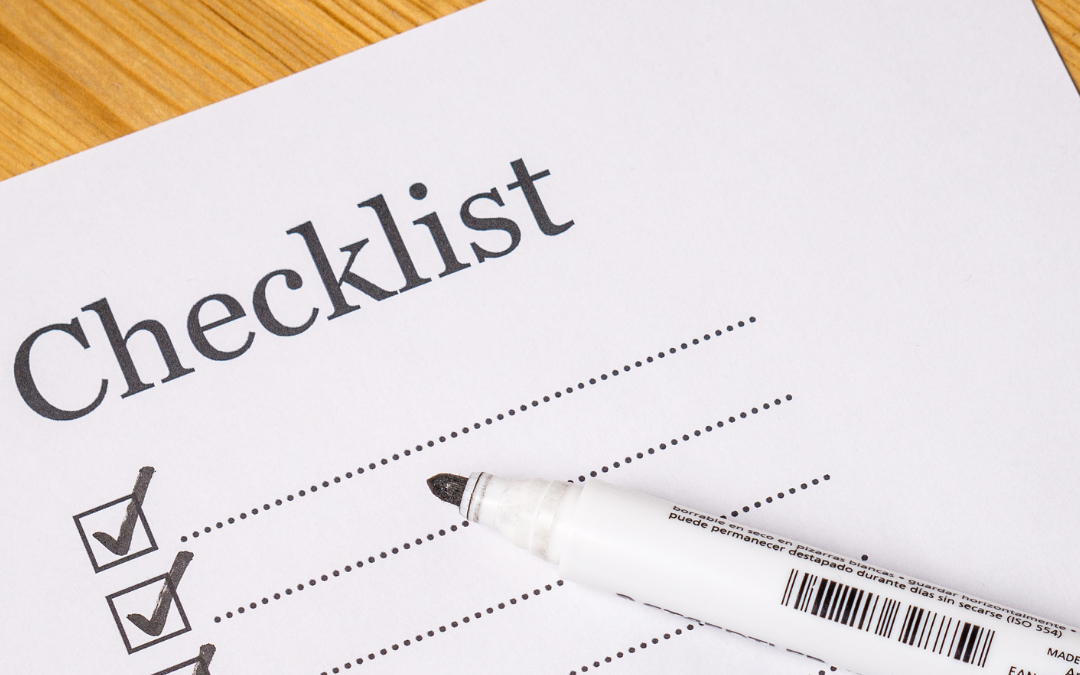After a busy few months supporting the main stage speakers at the Specsavers Annual Seminar event in Birmingham, EIE – a showcase of the entrepreneurial ecosystem in Scotland, and CivTech 9.0 Demo Day in Edinburgh, I’ve been reflecting on the real difference that correct preparation for events like these can make to how the presentation goes.
How do you spend the days and weeks leading up to a big event? I find that clients rarely miss the more obvious parts of preparation like producing slides and going over a talk. But there can be many smaller aspects to preparation that aren’t considered in the days or hours before an event, and in covering these off, you can ensure you will feel as confident and equipped as possible, resulting in the best performance you could give.
- Knowledge: your secret weapon
Finding out as much information as possible from the venue itself is game changer in terms of effective preparation. Consider aspects like the set up on stage, is there a lectern, what type of microphone will you be given, where will the clicker be or who will give it to you and is there a comfort screen? Will the comfort screen show presenter view or your full slides? These small details can completely change how you feel in the run up to delivering your presentation, ensuring you leave nothing to chance.
2. Get to know the technical team
Make the AV/Tech team your best friends in the run up to an event. It is so important to be aligned with them to understand their set up. Make sure you take part in their briefing and digest any communications from them thoroughly. This team is the key to a smooth-running performance from the logistical side so the more you know about how they plan to run things the better.
3. The dress rehearsal difference
Once you’re equipped with all the information about the venue and the logistics of presenting there, if possible, you should do a dress rehearsal. Although this might add cost and time to you and your team ahead of the big day, I guarantee it will be well worth the investment. No client has ever said a dress rehearsal was a waste of time!
During your dress rehearsal make sure you run through everything as it will be, for example using the microphone you’ll have at the main event, moving around on the stage, checking your volume and making sure any animations on slides work.
Also think about where you need to look, and even whether you will be able to see the audience or if they will be in darkness – this is all powerful information to bring into the real event.
4. Fine tune your performance by filming it
Doing a dress rehearsal is brilliant, but even better is seeing and hearing how you come across.
I film clients during rehearsals, so they can see afterwards how their pace is, check they are making eye contact at appropriate times around the room, that their positioning is appropriate for the setting and to ensure they head off for a good night’s sleep feeling confident and relaxed about the next day.
If you or your team need support ahead of a presentation or event, contact me at mj@maryannejohnston.co.uk to discuss how I can help.

